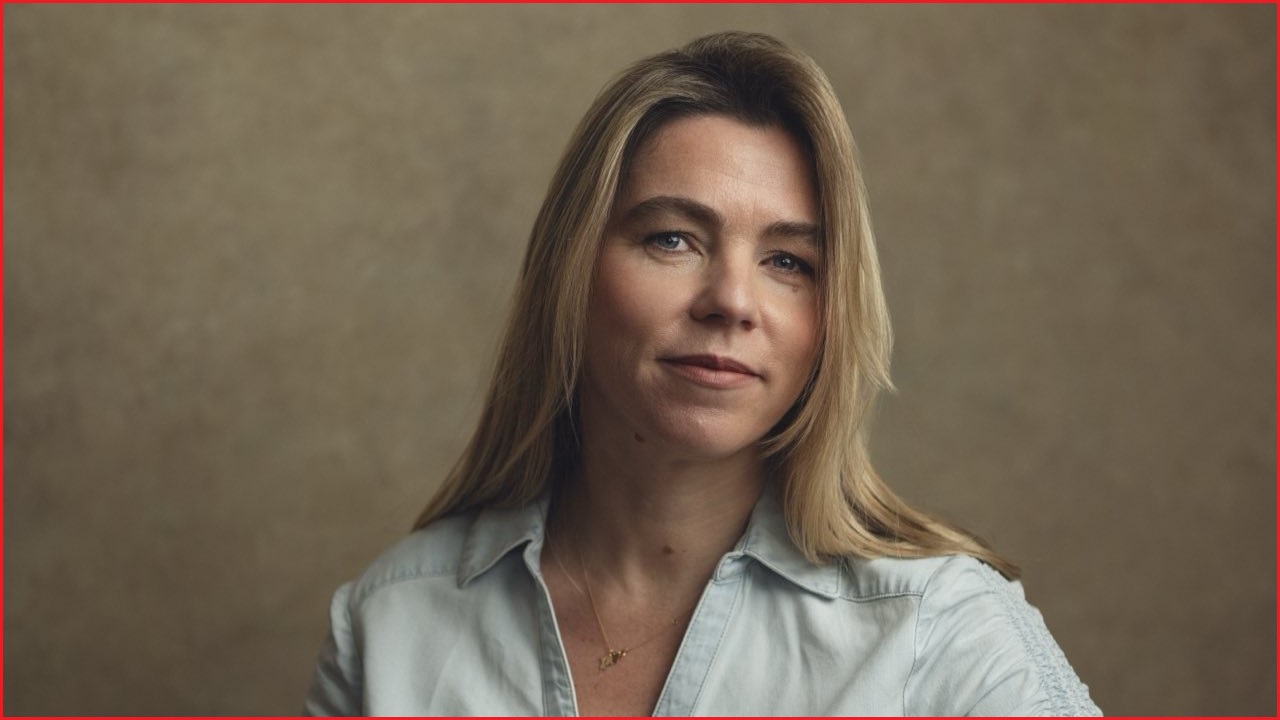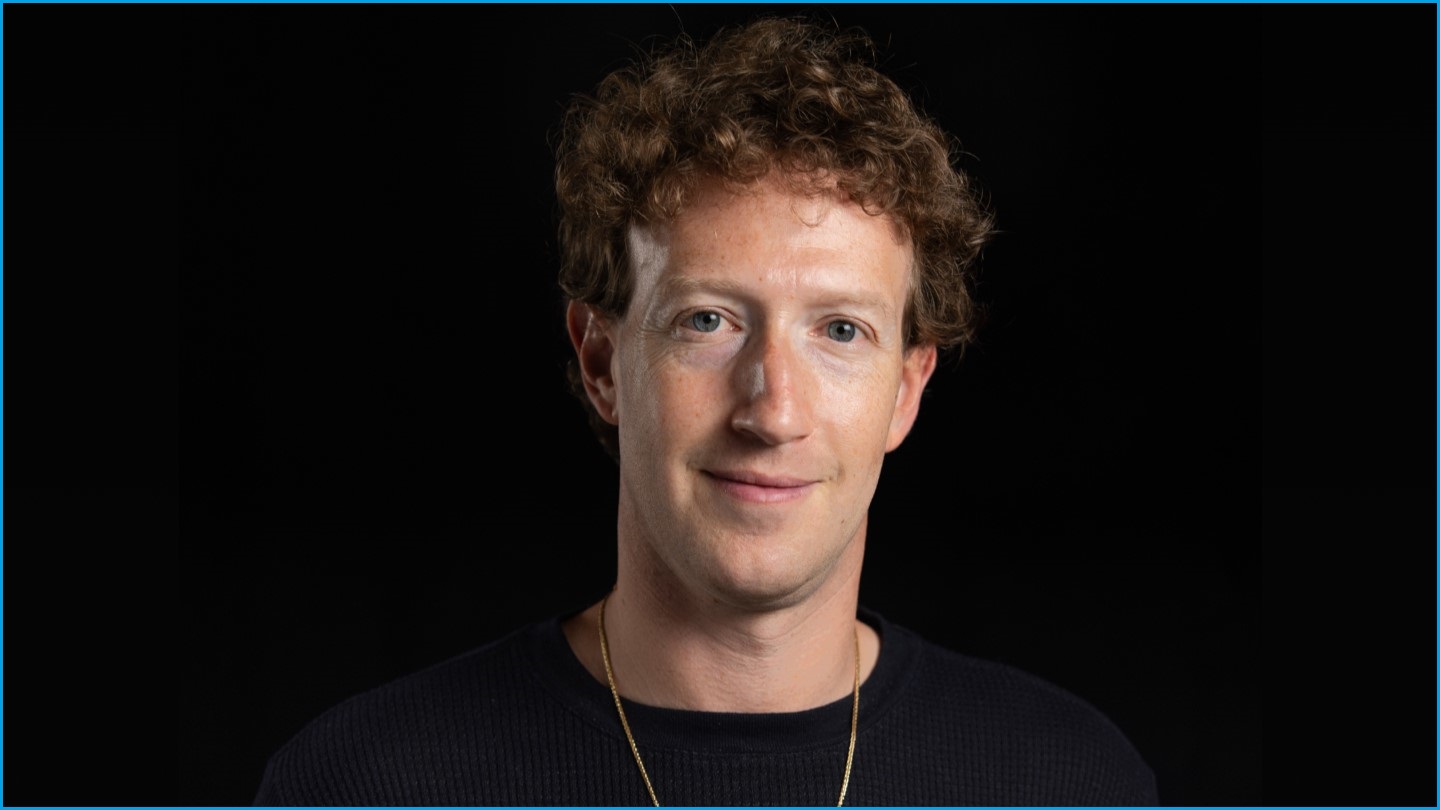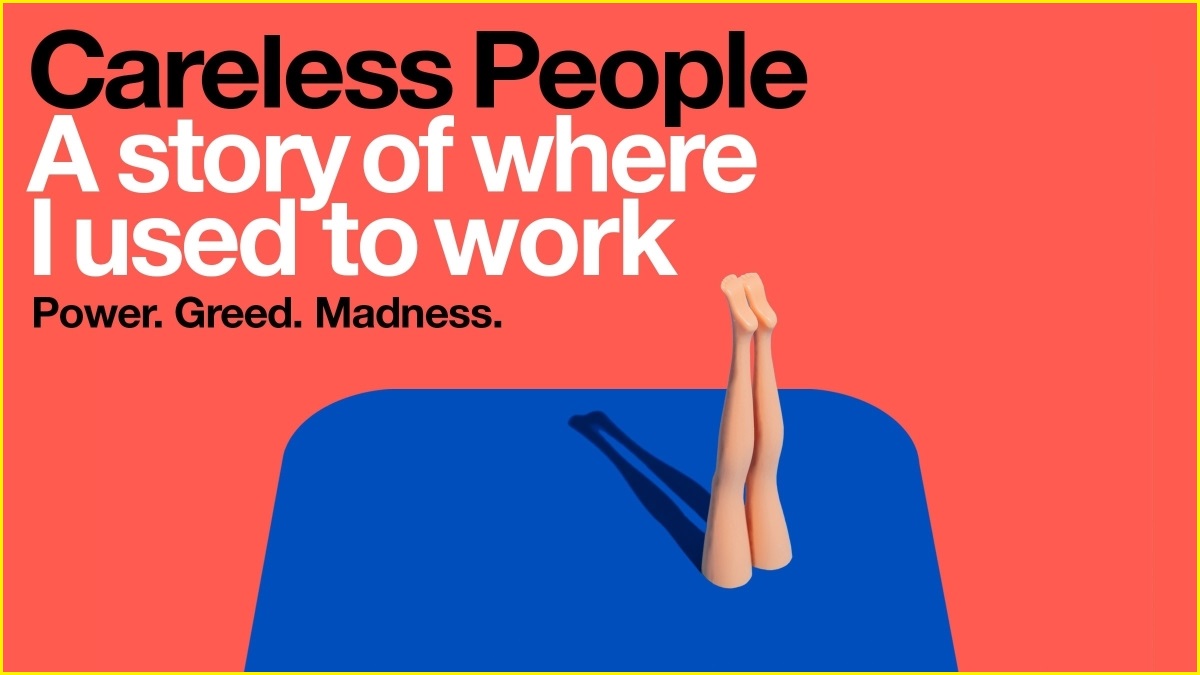Near the beginning of her workplace memoir Careless People, former Facebook employee Sarah Wynn-Williams recounts the time she was bitten by a shark as a teenager and almost died after her family doubted the severity of her injuries.
When the New Zealander’s condition worsens overnight after being treated at a local doctor’s office, she begs her parents to realise she’s in “excruciating” pain and cannot breathe.
She tells them she’s dying but they don’t believe her — until, as Wynn-Williams remembers, “my eyes roll into the back of my head”.
The ordeal she would survive as a 13-year-old becomes something of a metaphor for her time at Facebook (now Meta), which she joined in 2011.
Remembering her time at the social media giant, the former New Zealand diplomat says she warned company executives politicians were using Facebook to craft “alternative realities” that manipulated people and took advantage of the platform’s engagement-hungry algorithm.
She says she urged the company to reach compromises with digital rights groups as its apps began to fuel privacy and data collection concerns.
She told executives like CEO and founder Mark Zuckerberg and former chief operating officer Sheryl Sandberg the firm was going to need to figure out how to deal with governments around the world.
But the powers that be were guilty of a “lethal carelessness”, Wynn-Williams says, and did not believe her — at least not at first.
Judging Facebook by its cover
Wynn-Williams's tale of joining Facebook is one of hopeful idealism.
When she convinces the company to create a role in global policy and strategy, she still sees Facebook as “a force for good in the world”, largely because of its ability to connect people across borders.
What eventually hits home for her though is the realisation that she was, in her own words, “staggeringly naive” at the time.
Her lofty ideals were soon confronted by a business not focused on its moral or social impact, but on expanding, gathering data, and increasing profits.
“There is no grand ideology here,” she writes of this realisation, “No theory about what Facebook should be in the world.
“The company is just responding to stuff as it happens.”

Sarah Wynn-Williams has been temporarily prevented from personally promoting or distributing 'Careless People', after Meta won an arbitration ruling. Photo: Supplied
Wynn-Williams, who ultimately served as Meta’s director of global public policy before she was fired in 2017, was partly responsible for establishing and managing relationships between the company and federal governments.
Recounting her globetrotting travel with Meta executives, Careless People features numerous scenes of awkward interactions and power grabs on private jets which would not look out of place on HBO's Murdoch-inspired series Succession.
One of the most telling characterisations in the book is Wynn-Williams's positioning of Zuckerberg as being — at least at first — very naive about his company's effect on the world.
The younger Zuckerberg is awkward in conversation, does not read briefings from colleagues, is nervous and sweaty at official events, and does not want to engage with government officials, she writes.
He won’t hold meetings before midday and has “almost no interest” in policy issues or countries outside of the United States.
He also does not realise how Facebook could be used in nefarious ways — including by military juntas and politicians wishing to spread fear and lies.
But as a whistleblower, Wynn-Williams's most crucial and shocking allegation is that Meta has, at times, intentionally created nefarious tools in search of profit.

Meta, led by founder and CEO Mark Zuckerberg, has denied many of the allegations in 'Careless People'. Photo: Meta / Supplied
The China problem
China’s huge population is an opportunity for Meta to continue expanding its user base, but the temptation to expand its business there (which Meta denies even exists) continues to play havoc with the company’s moral compass, Wynn-Williams alleges in Careless People.
She cites previously unreported documents which allegedly show Meta has worked with the Chinese Communist Party (CCP) to design bespoke censorship tools the Chinese government could use to control the content on Meta's platforms within its Great Firewall.
Wynn-Williams testified about these accusations before a US Senate Judiciary Committee earlier this month, where she accused Meta of lying about its work with the CCP and its business in China, including secretly launching some apps and services there.
She also said Meta’s open-source artificial intelligence model, Llama, had “contributed significantly to Chinese advances in AI technologies”, including the development of the DeepSeek chatbot which shocked Western nations earlier this year and was banned on Australian government devices.
These claims have not sat well with some US politicians, and they come as Zuckerberg and other Meta representatives are grilled in an antitrust case which could force the company to sell off Instagram and WhatsApp.
Meta has called Wynn-Williams's testimony “divorced from reality and riddled with false claims”.
The company has rallied against the release of Careless People, winning an emergency arbitration ruling in March to temporarily prevent Wynn-Williams from personally promoting or distributing copies of the book, which it called “false and defamatory” and argued had breached a nondisparagement agreement.
But the tech giant's public opposition has also raised the book's profile immensely, in a clear example of the so-called Streisand effect — a term used to describe when efforts to hide information unintentionally cause the public to become more aware of that information.
Thanks to Meta’s efforts to kill it, more people will seek out Careless People and its gripping tale of a company failing to come to grips with itself than may have otherwise.
From all-powerful executives to their overworked underlings, the book chronicles everything from obscene wealth to jobs for friends, frightened enablers, and allegations of inappropriate comments.
Wynn-Williams has accused Meta’s chief global affairs officer, Joel Kaplan, of sexual harassment — allegations which have been denied by both Kaplan and Meta.
“I was there for seven years,” Wynn-Williams writes of her time at the company, “and if I had to sum it up in a sentence, I’d say that it started as a hopeful comedy and ended in darkness and regret.”
'Careless People: A story of where I used to work’ is available now.










